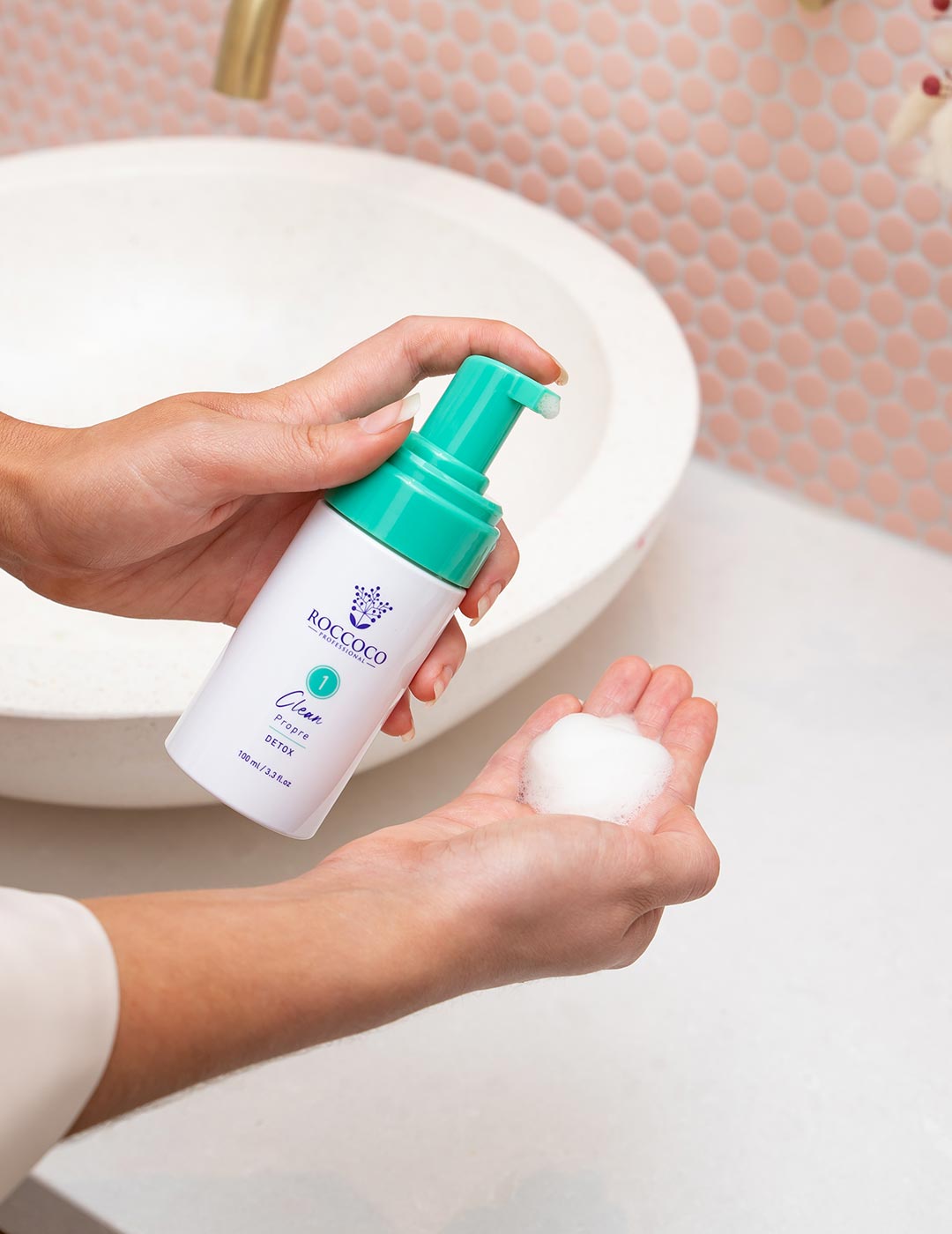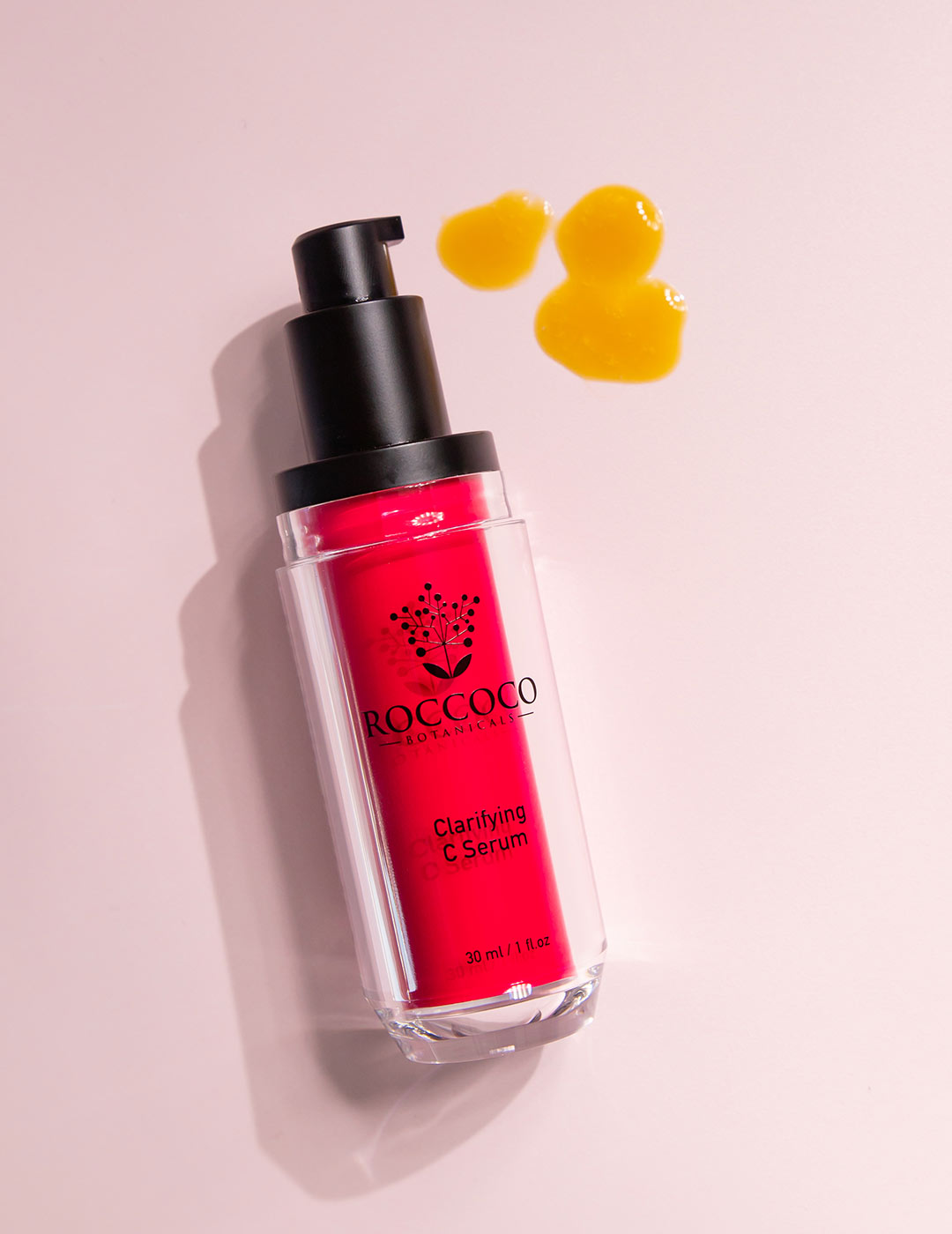Achieving healthy, glowing skin is everyone's dream. But with so many skincare products and ingredients available in the market today, the skincare routine can be overwhelming. Acids have been increasingly popular in the last few years thanks to their ability to combat various skin concerns, including acne, dullness, and hyperpigmentation.
However, not all acids are alike; some can cause more harm than good, especially if you have acne-prone or sensitive skin. Let’s discuss the best acids that are safe for acne-prone or sensitive skin.
Salicylic Acid: Salicylic acid is a highly sought-after ingredient in the skincare industry, and for a good reason. It's a beta-hydroxy acid (BHA) that works by penetrating the pores and breaking down the oil and dead skin cells that cause acne. Salicylic acid is suitable for all skin types and is particularly beneficial for oily, acne-prone skin. It's also gentle on the skin and helps to reduce inflammation. But be careful not to overuse salicylic acid as it can cause dryness and irritation especially if it is the synthetic version. Salicylic Acid can also be naturally obtained from Wintergreen which allows it to have all the benefits but none of the irritation and sensitisation that can occur.
Succinic Acid: Succinic acid, a naturally occurring compound found in various sources such as amber, has gained recognition for its impressive skin benefits. When applied topically, succinic acid exhibits several positive effects on the skin. Firstly, it acts as a gentle exfoliator, promoting the shedding of dead skin cells and revealing a smoother, more radiant complexion. Additionally, succinic acid possesses potent antioxidant properties, which help neutralize harmful free radicals and protect the skin against oxidative stress and premature aging. Its anti-inflammatory characteristics also aid in reducing redness, irritation, and acne breakouts, making it beneficial for individuals with sensitive or acne-prone skin. Moreover, succinic acid has been found to enhance the skin's natural barrier function, promoting hydration and moisture retention.
Mandelic Acid: Mandelic acid is another AHA that's gentle on the skin. One of the primary benefits of mandelic acid is its gentle exfoliating properties. Unlike other alpha hydroxy acids (AHAs) such as glycolic acid, mandelic acid has larger molecular size, which allows it to penetrate the skin more slowly and evenly. This gentler approach makes mandelic acid suitable for even the most sensitive skin types.
By promoting exfoliation, mandelic acid helps to remove dead skin cells, unclog pores, and improve skin texture. Regular use of mandelic acid can lead to a more radiant and youthful complexion, as it stimulates the production of collagen and elastin, crucial proteins for maintaining skin elasticity.
Hyaluronic Acid: Hyaluronic acid (HA) is a humectant that occurs naturally in the body. It's a fantastic ingredient for all skin types, including acne-prone and sensitive skin. HA helps to hydrate the skin, making it plump and supple and minimizing the appearance of fine lines and wrinkles. It's also a great option for those with sensitive skin types, as it's gentle and non-irritating.

Acids can be beneficial for acne-prone and sensitive skin types, but it's essential to choose the right ones. Salicylic acid, lactic acid, mandelic acid, azelaic acid, and hyaluronic acid are the best acids that are safe for acne-prone or sensitive skin.
However, always introduce new products to your routine slowly and patch test before using them on your face, and when in doubt, always consult a dermatologist for advice.
When incorporated in the right way, these acids can help you achieve healthy, glowing skin.
Sick of trying skincare that doesn’t respect your skin barrier, leaving it feeling irritated and inflamed?
Roccoco Botanicals understands!
Love the skin you’re in!
Read more

For those of us with acne-prone skin, sun protection can be a tricky task. Sunscreen can often make acne worse, and some formulas are too heavy and greasy for oily skin. However, skipping out on su...

Discover the facts behind the controversy surrounding low molecular weight hyaluronic acid (LMW-HA). Not all LMW-HA is inflammatory, as it depends on the source. Our brand uses bacterial fermentati...



